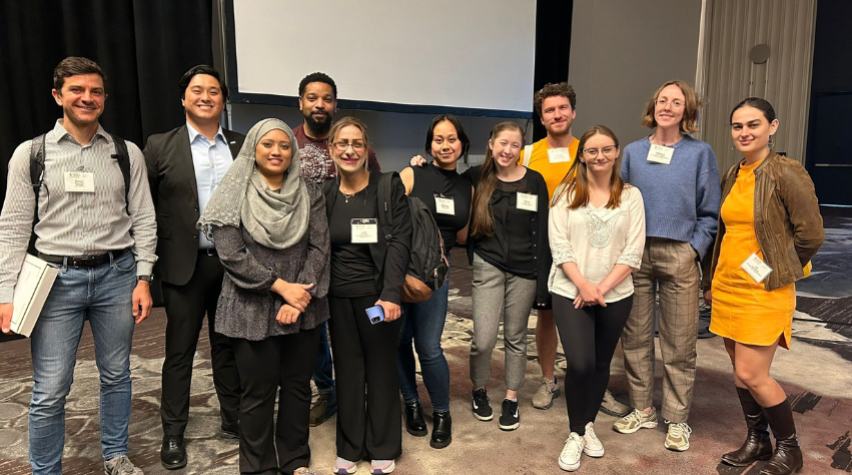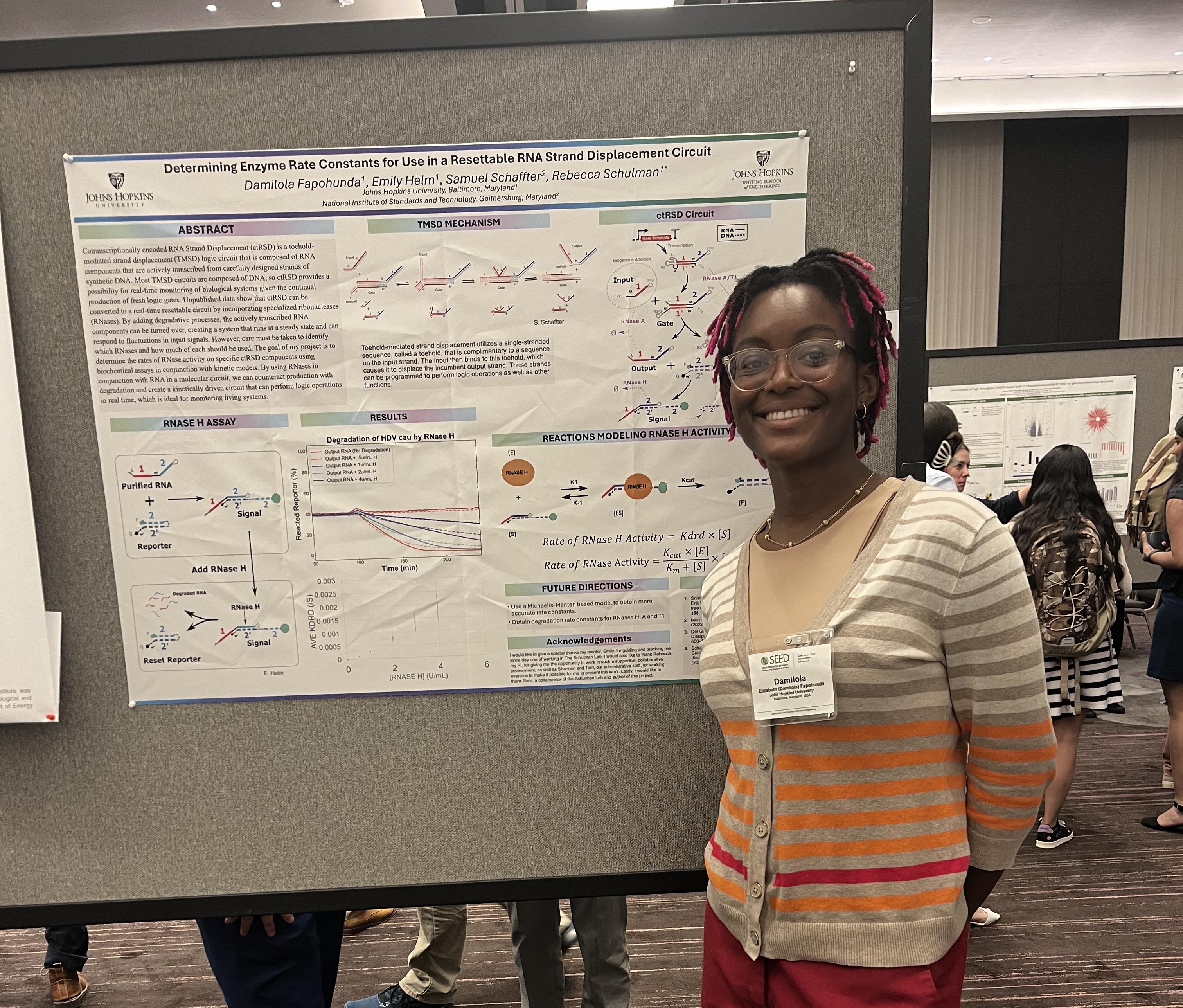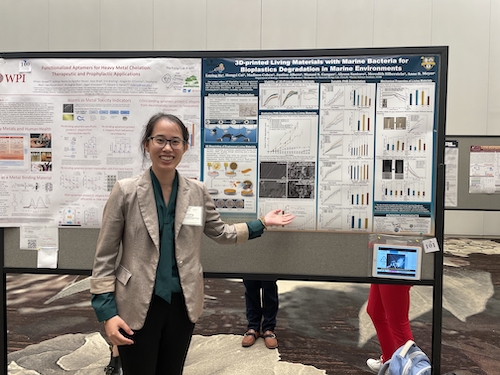
The Synthetic Biology: Engineering, Evolution and Design (SEED) Conference series, established in 2014, has secured its position as the premier technical event for synthetic biologists to present their work, network, and build meaningful relationships.
Since its inception, SEED has drawn leaders and rising stars in the field, fostering collaboration and innovation. Each year, it provides an essential platform for sharing the latest research, discussing groundbreaking advances, and exploring the future applications of synthetic biology.
With over 5,000 synthetic biologists and associated professionals attending since its launch, SEED has become a crucial gathering for those in the fields of bioengineering, biotechnology, and bioprocessing.
More on this year’s conference
SEED 2024 took place from June 24–June 27 in Atlanta, Georgia, where experts from around the globe convened to share insights on the cutting edge of synthetic biology. The conference kicked off with an inspiring keynote from Kristala Prather, MIT, who discussed the biosensor-guided regulation of metabolic pathways and set the stage for the deep technical dive that would follow.
Each day featured focused sessions that tackled critical issues and advancements in the field. Day one’s sessions included:
- Advanced Circuit Design
- Synthetic Biology Wetware Meets Hardware
The day wrapped up with two rapid-fire lightning talks, designed to provide quick overviews of emerging research:
- Probing Gene Expression for Predictive Design of Transcriptional Programs by Yongjoon Yu, Georgia Institute of Technology; and
- Chemical-Dependent Sulfite Reductase Switches for Programming Living Electronic Sensors by Elizabeth Windham, Rice University.
For more in-depth information on this year’s sessions, check out the full technical program.

Attendee feedback
One of the highlights of SEED 2024 was the feedback shared by participants, emphasizing the conference’s role in career advancement, networking, and collaboration.
“The SEED conference was outstanding. Participants shared cutting-edge research, providing valuable insights for my own work. The single-track format focused everyone’s attention on the same topics, creating numerous opportunities for meaningful discussions and interactions.” —Qi Xie, Johns Hopkins University

“Attending SEED has made a big impact on my career, and I am looking forward to my future.” —Damilola Fapohunda, Johns Hopkins University
“This meeting was absolutely phenomenal. I had the opportunity to meet with experts in the field and learn so much about the engineering of biology. In addition to making contacts with companies, I was able to meet and connect with PIs whom I would love to work with during my graduate studies, and that has been absolutely invaluable. I also had the opportunity to present my research in a poster, and met some amazing colleagues that way.” —David McElfresh, Yale University
“I am working on developing AI methods to program gene expression in specific tissues and cell types in human cells. In this conference I was able to present my work and establish at least one collaboration, as well as network for future faculty applications.” —Sebastian Castillo-Hair, University of Washington

SEED 2024 continued to build on its legacy as a vital event for synthetic biology professionals. With dynamic presentations, networking opportunities, and insights that will shape the future of bioengineering, attendees walked away with valuable connections and knowledge to push the boundaries of their research.
What’s to come
SEED 2025 will be held from June 23–26, 2025, in Houston, Texas, and promises to continue its legacy of innovation and collaboration. The 2025 conference will be co-chaired by Jeffrey Tabor, Associate Professor at Rice University, and Marilene Pavan, Synthetic Biology Strategy Manager at LanzaTech, ensuring a dynamic program led by experts in both academia and industry.


